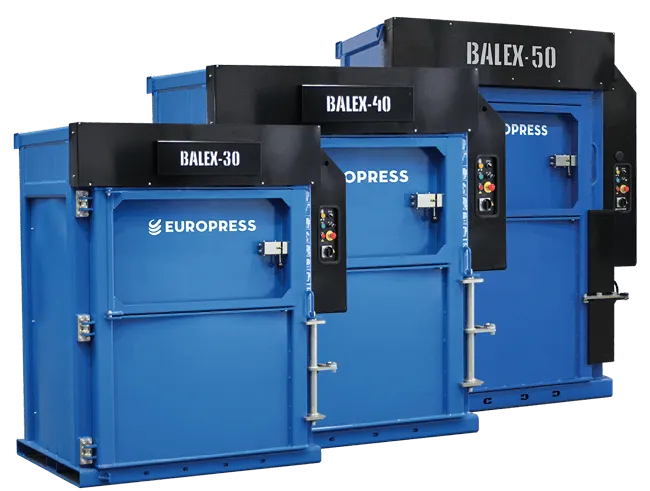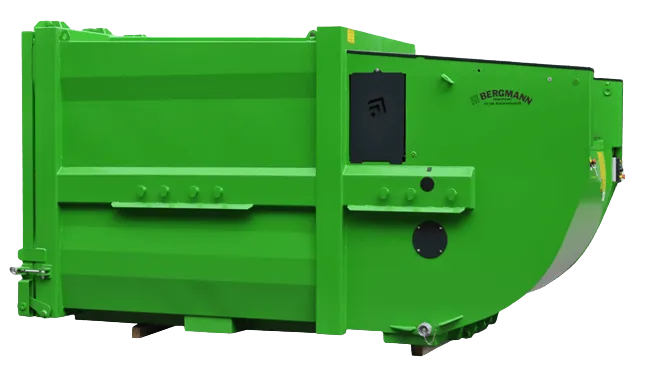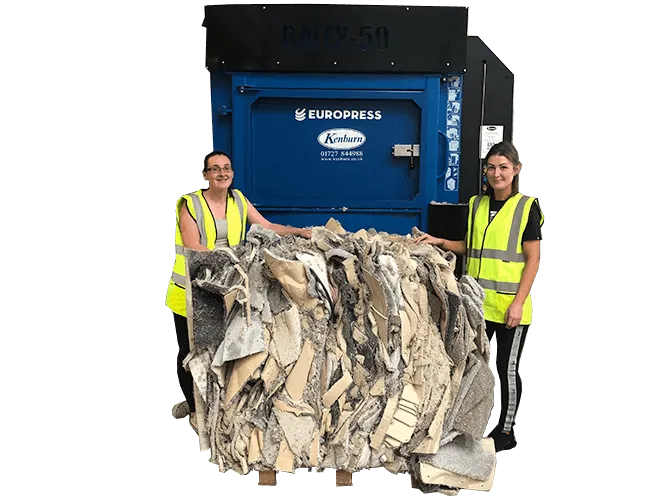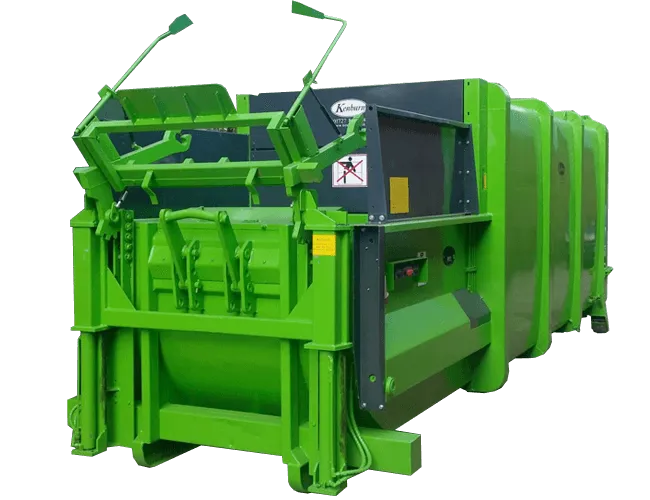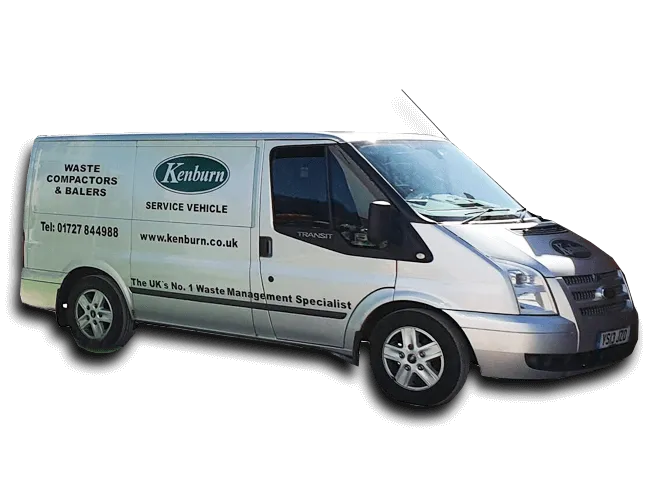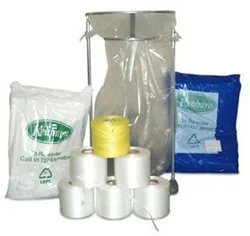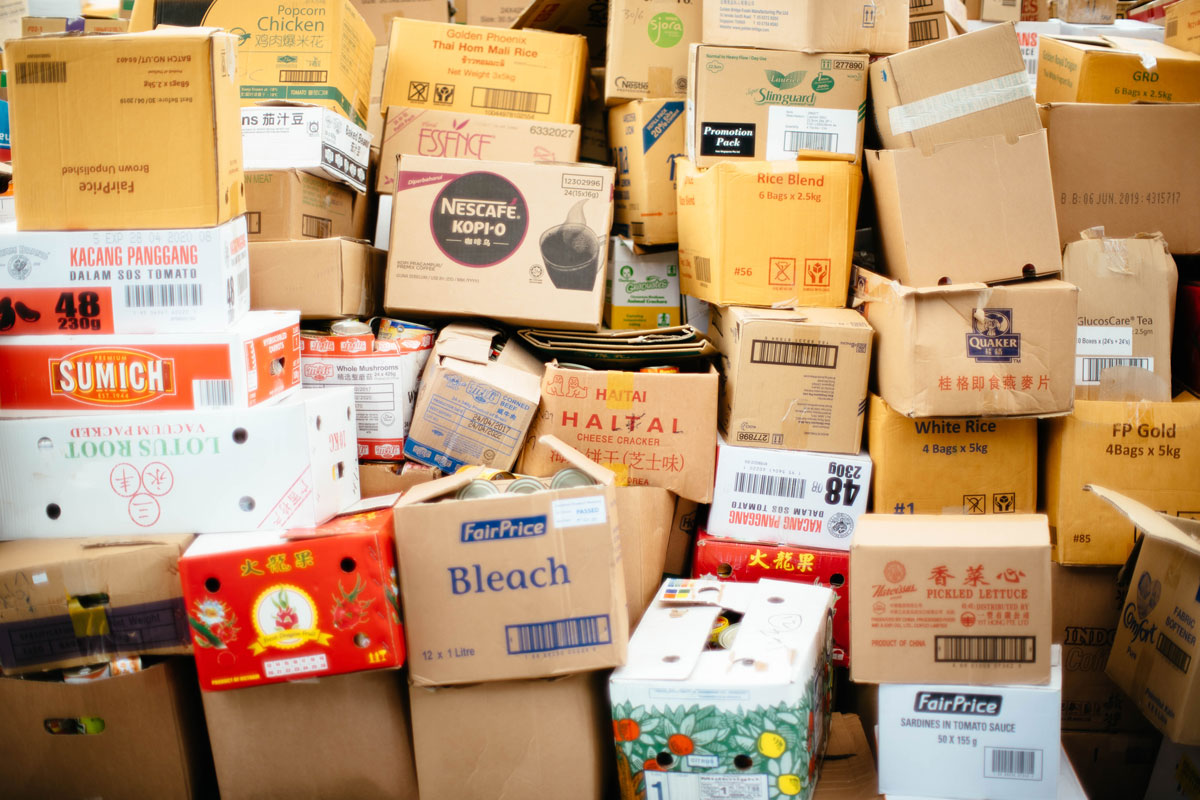 The poet J.H. Prynne wrote that “rubbish is pertinent; essential”: it is definitely essential for every business to know that they are disposing of waste as cheaply, efficiently and sustainably as possible. Not only do government regulations require all businesses to keep waste to an absolute minimum, but waste has more than just environmental costs: commercial waste collection costs are growing in line with landfill tax’stwelvefold increase in the last 20 years (a trend which shows no sign of stopping).
The poet J.H. Prynne wrote that “rubbish is pertinent; essential”: it is definitely essential for every business to know that they are disposing of waste as cheaply, efficiently and sustainably as possible. Not only do government regulations require all businesses to keep waste to an absolute minimum, but waste has more than just environmental costs: commercial waste collection costs are growing in line with landfill tax’stwelvefold increase in the last 20 years (a trend which shows no sign of stopping).
Inefficient handling of waste racks up unnecessary costs for businesses through collection fees, wasted staff time and effort, and lost storage space. In this article, we’ll look at the key ways for any business to make sure it’s disposing of waste as cheaply and efficiently as possible.
The essentials of saving money on waste disposal
All businesses create waste, whether just a few sheets of scrap paper or multiple skips of rubbish a week. Printing, consuming raw materials, packaging brought in by staff, packaging from deliveries, food manufacturing, and building works can all make up waste that must be disposed of by businesses.
When it comes to saving money on waste, businesses cannot help the way items they consume are packaged, or the waste products that are a necessary part of operations. The increasingly high costs of tax on landfills also means that commercial waste disposal pickups will remain expensive. Despite these realities, there are two simple ways to ensure businesses dispose of waste as cheaply as possible.
Ultimately, to save money on your waste disposal costs, your waste needs to take up as little space as possible and that as much of that waste as possible is recycled. By minimising waste, you save money on collections – as fewer collections are necessary – and maximises space in your workplace to improve productivity. Recycling as much as possible can save money by creating new sources of revenue.
How to minimise waste costs
Minimising waste disposal costs means ensuring your waste takes up as little space as possible. For the volume of waste created by businesses, balers and compactors are the best way to do this. Different kinds of equipment are required depending on the makeup of your business’ waste, and whether or not it is recyclable: there is a solution available, whether you operate as a manufacturing plant, a shop, or an office. Read on for a survey of the cheapest machines that can minimise waste costs for different needs.
Recyclables: cardboard, paper, plastic, metal, and fibrous material
If your business produces a lot of paper waste, or gets through plenty of cardboard packages, a baler is the best way to cheaply and efficiently dispose of the waste. Balers bundle your recyclable waste into compact, easily portable waste bales. Different size balers are more appropriate for different scales of business, with a range of models available to process anything from 30kg to over 1000kg of waste. As well as cutting costs by maximising the efficiency of your waste disposal process, recycling companies will pay for your uncontaminated bales in order to make their process: where you would otherwise have had to pay for companies to dispose of your waste, you’ll get paid!
Light waste
Roto compactors are a great way for any business producing light waste to minimise their waste disposal costs: supermarkets, kitchens, restaurants, retail, banks, hospitals, and hotels can all benefit. The small space and low maintenance required by roto compactors allow them to be used anywhere that light waste is generated, with a continuous feed ensuring that waste can be efficiently compressed as it is created. Roto compactors minimise waste disposal trips and conserve workers’ energy to save businesses money. They are easy to operate and low maintenance: maximising waste compression with as little extra expertise required as possible.
Construction, production, and commercial waste materials
By minimising the space of your waste, portable compactors are able to hold much more waste than a skip. This saves costs on transportation, as fewer trips are required – and they’re incredibly convenient.
For materials that require much more compaction force, roll packers work on open skips to deftly break up, shred, and compact a range of materials from wooden pallets and hard plastics to metals. These can compress waste by a factor of five, meaning that every collection represents a 400% saving!
Large waste
Businesses that produce waste at scale often save the most money through static waste compactors. These machines are highly efficient and offer increased capacities, which directly correlates to saved time and money. After all, there is little point in saving money through recycling at the cost of productivity. Static compactors reduce the size, space and number of waste collections required – directly generating cost savings.
Dry waste at high volumes
For larger businesses and organisations that produce waste at different locations, mobility is a critical concern. If compaction equipment is inconvenient to use or takes a lot of effort, then it’ll often be deprioritised. With landfill taxes increasing, companies need to integrate waste compaction within their working processes and that’s exactly how portable equipment can help.
Dry material waste, including construction materials, metals, glass and plastics, can be compacted with portable waste compactors. This not only increases the speed and efficiency of recycling, but it can help reduce transport and collection costs. Kenburn offer an array of APB compactor solutions which enable cost savings across locations, and it’s particularly great for the construction industry.
Food waste, liquids, and materials that have been in contact with food
Wet and smelly waste can still be compacted, without the risk of any liquid seeping out to attract vermin as a potential safety hazards. Wet waste compactors guarantee absolute water tightness to ensure food-related waste is compacted without liquid or odours escaping the compactor. This provides a compact, economic and hazard-free option for disposing of wet waste, which can otherwise take us a disproportionate amount of space, requiring multiple cumbersome (and costly) trips for a relatively small volume of waste.
All these compactors are built to last and designed to operate at a low cost, offsetting initial set up costs as costs start to be saved on waste disposal. Which makes the most economic sense for you will be determined by the nature and size of your business, and the composition of waste it produces. Get in touch with Kenburn today for a free audit to find out which solution will save you money when disposing of business waste

